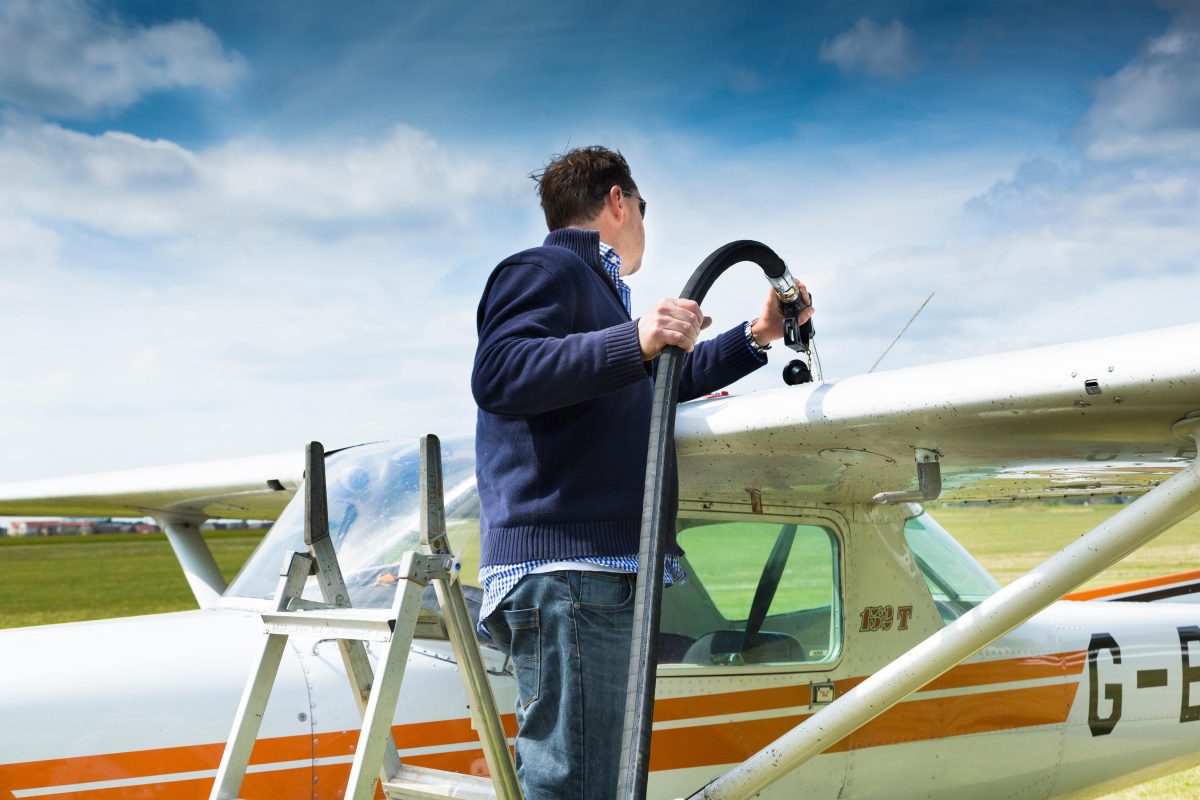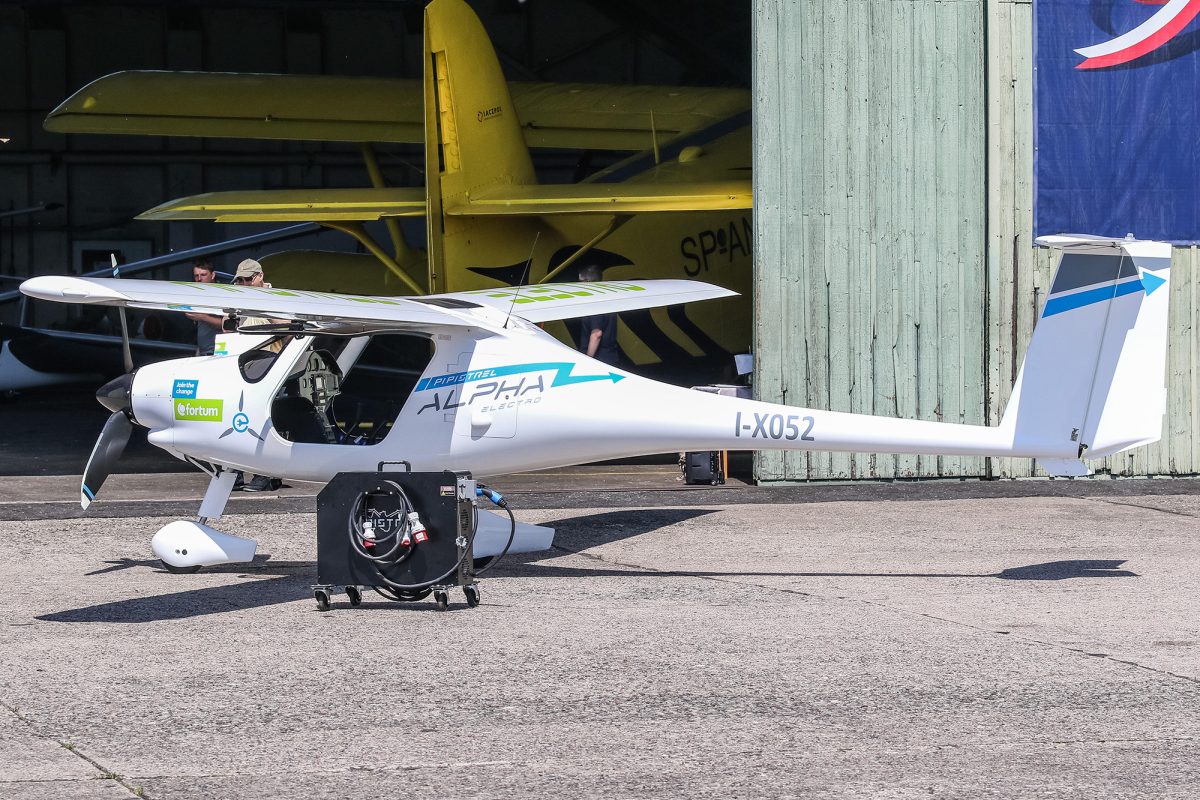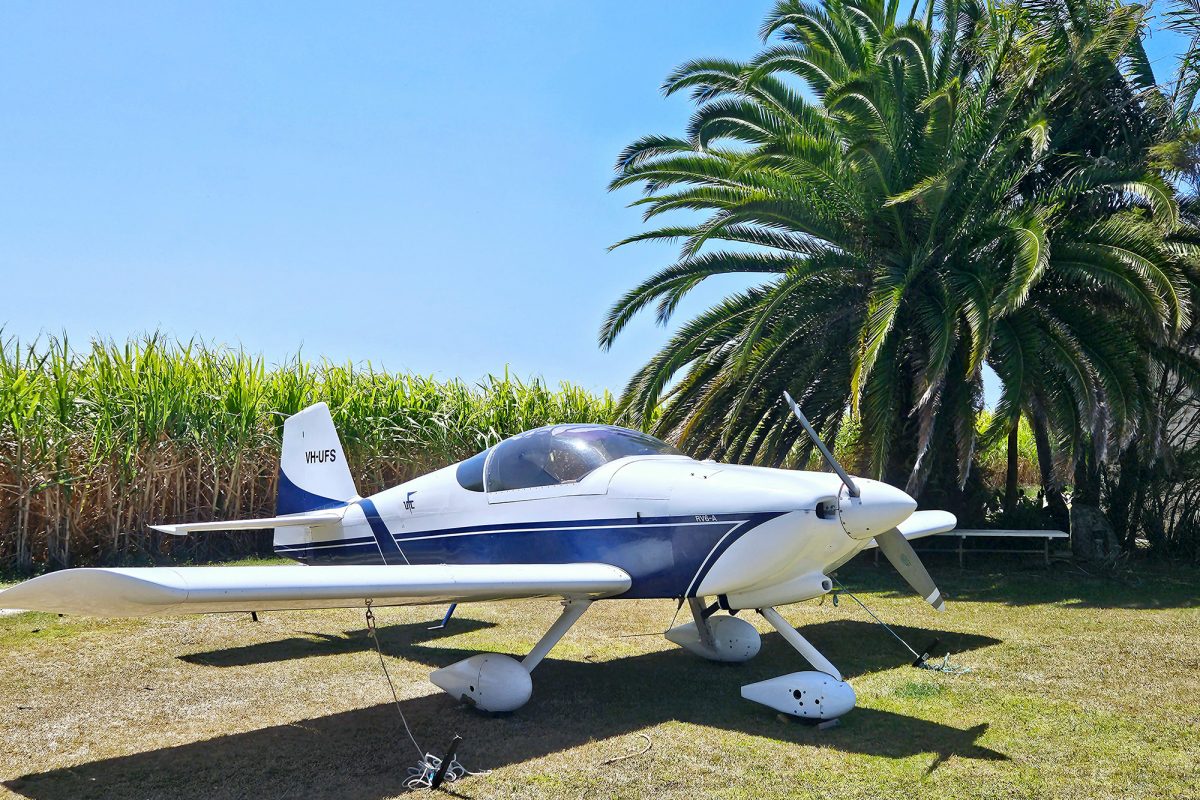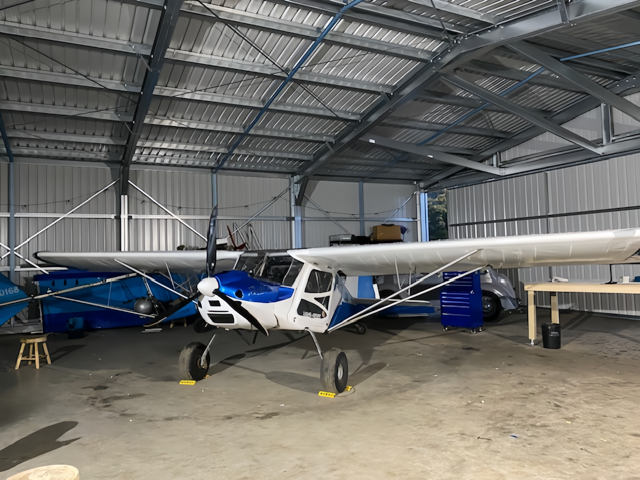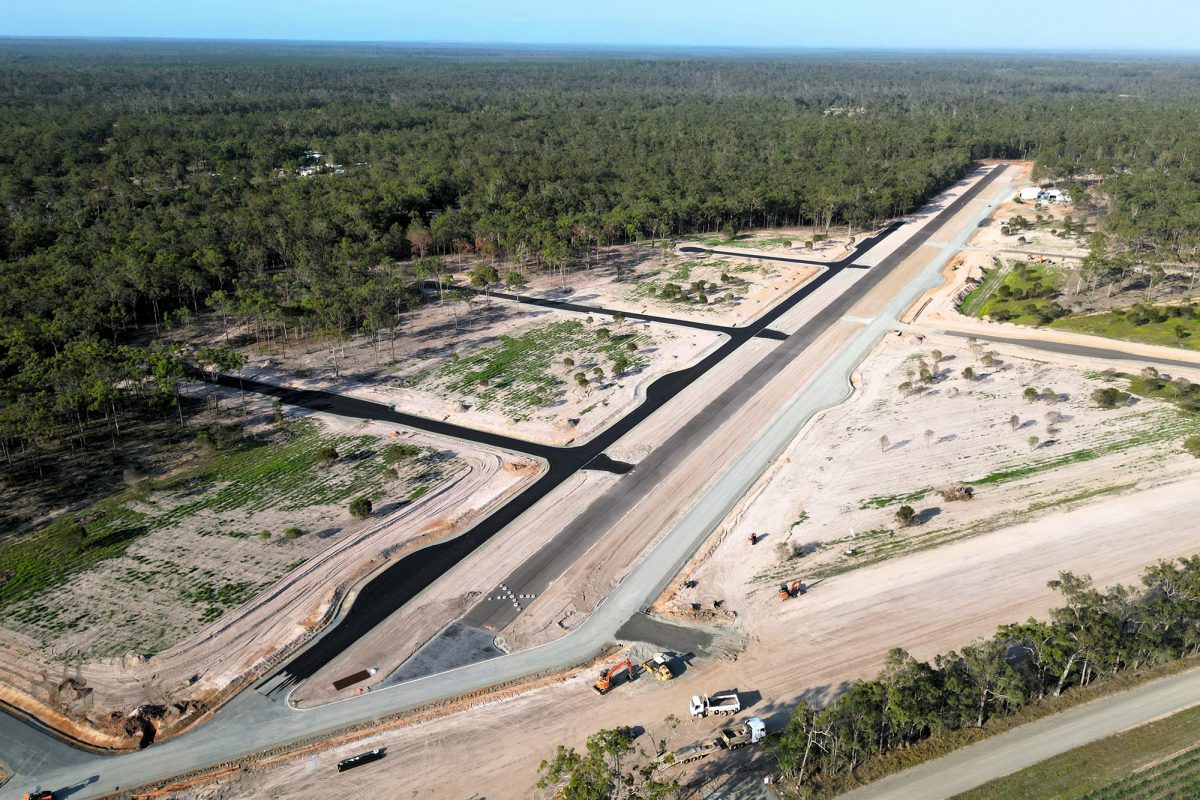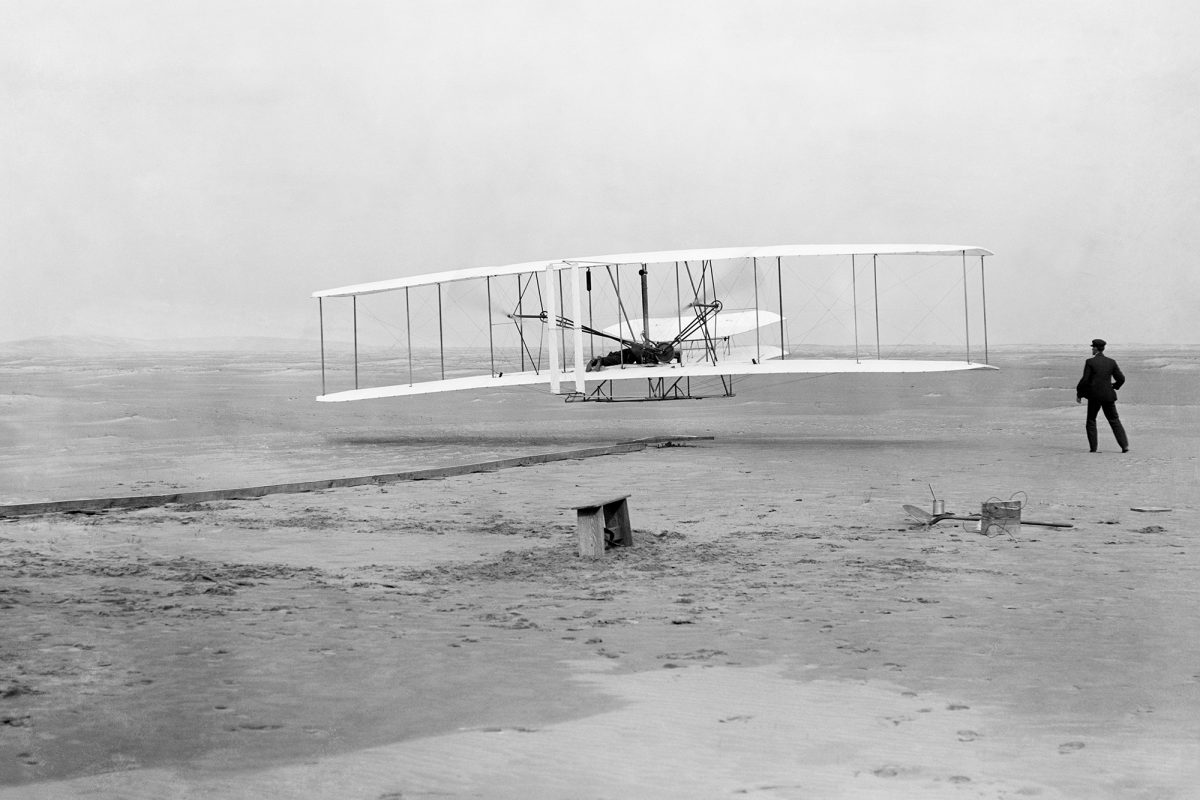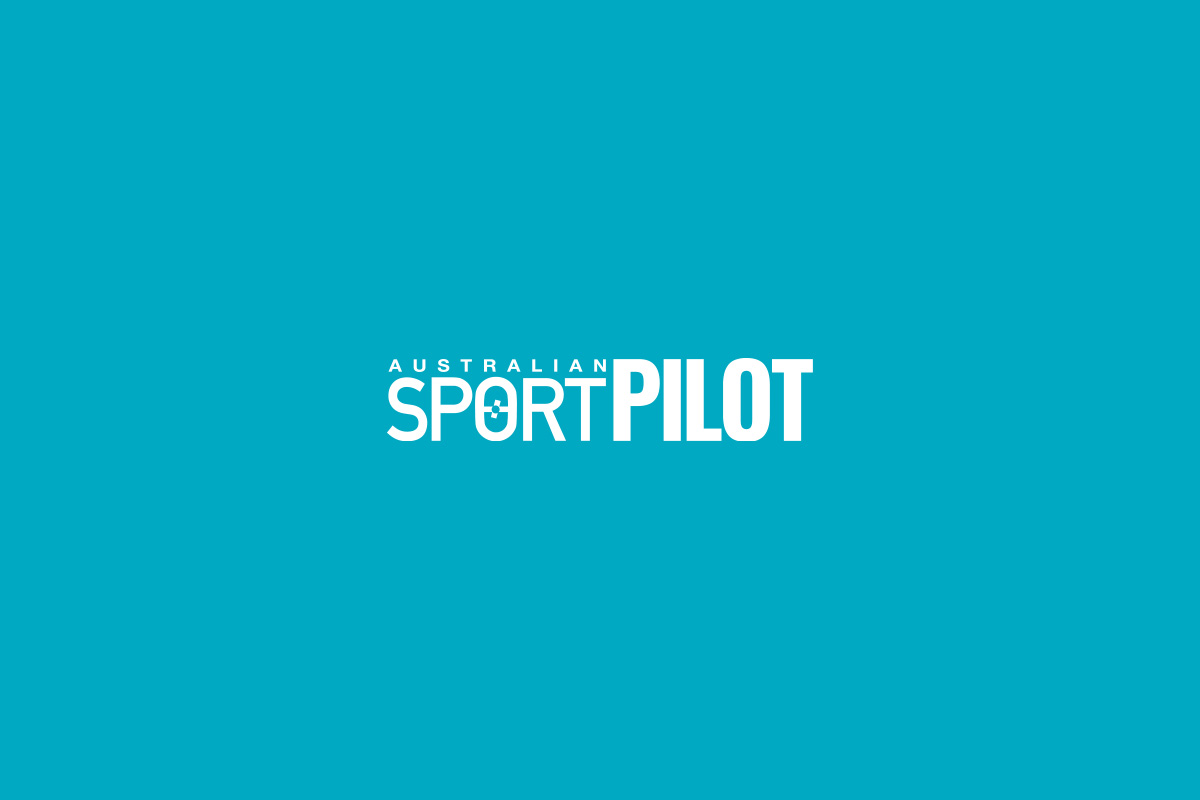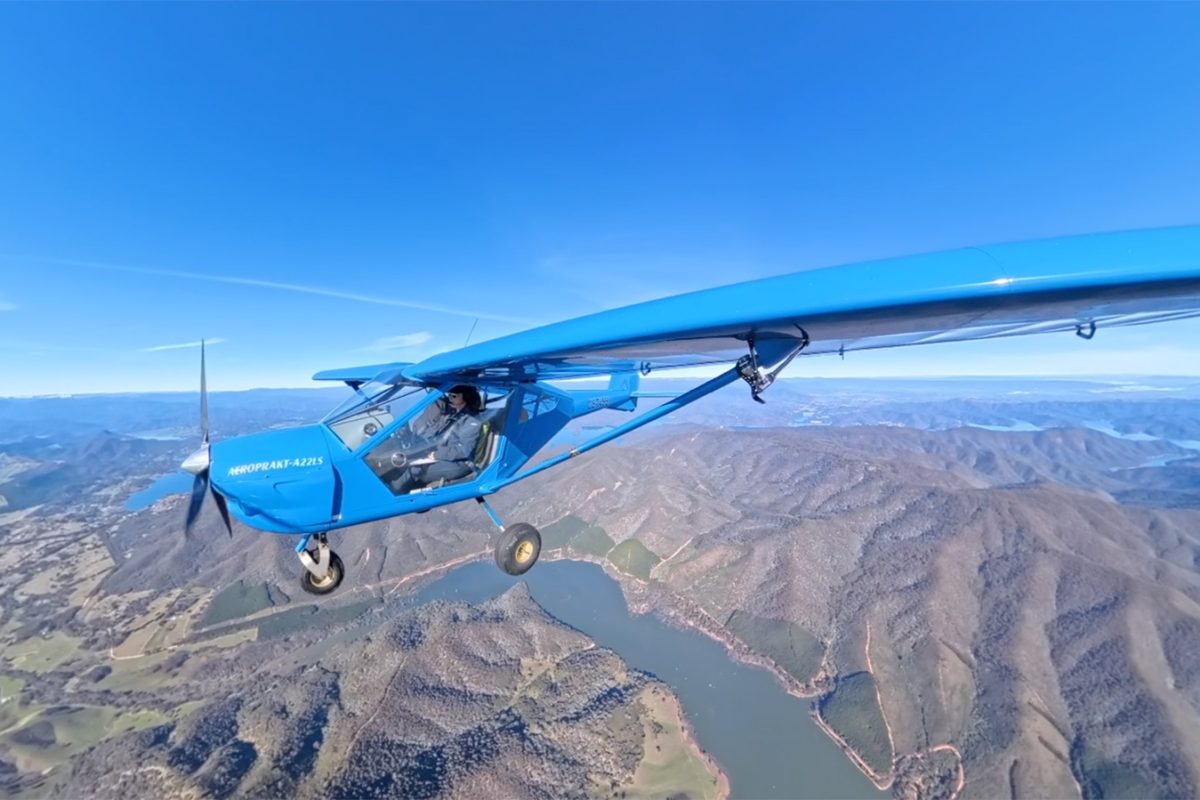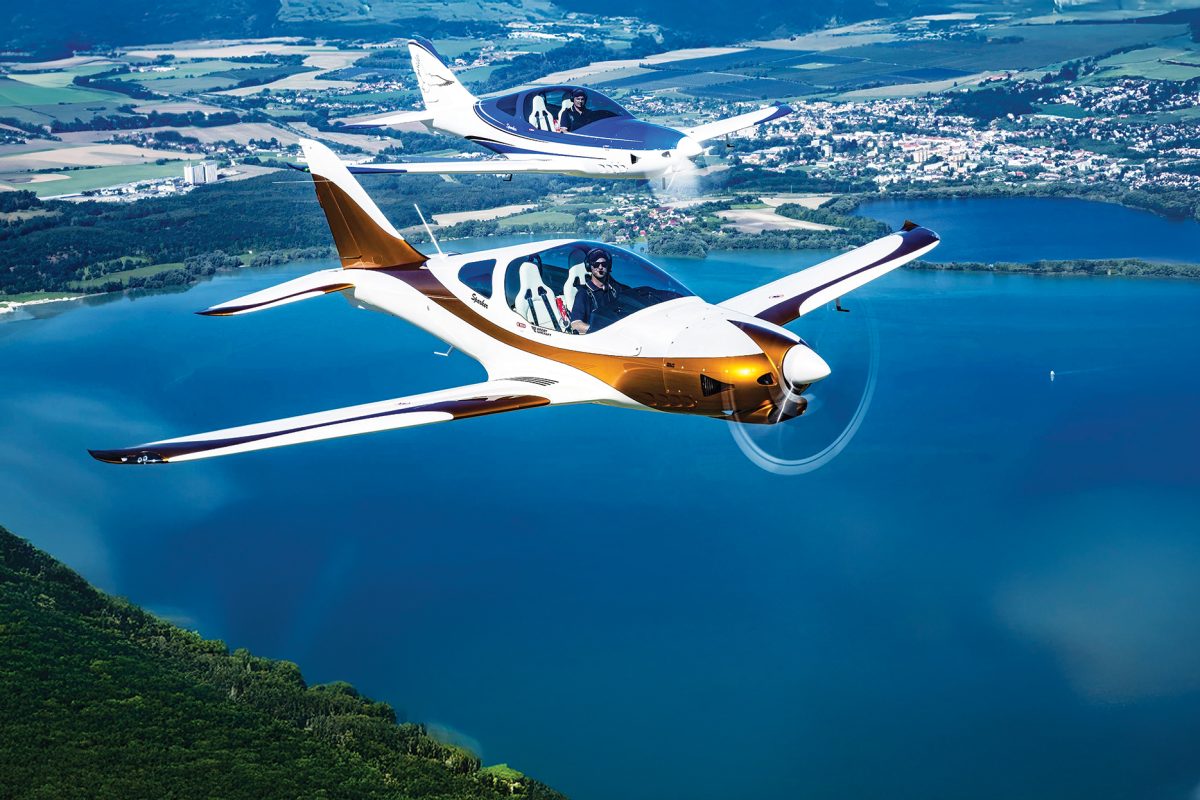ANNUAL GENERAL MEETING NOTICE
RAAus invites members to the 2020 AGM.
As a result of the COVID-19 Pandemic, RAAus has deferred our 2020 AGM.
The AGM will be held from 2.00pm Saturday 27 February 2021.
The meeting will be held at:
RAAus Head Office
Unit 3 of 1 Pirie Street,
Fyshwick ACT 2609.
The meeting will also be live broadcasted to RAAus members.
Attendance at the meeting, will be subject to any health restrictions in place at the time of the meeting. Members are advised to monitor the RAAus website for more details closer to the date.
Members can appoint a proxy if they wish.
Members are also invited to submit resolutions for consideration.
The closing date for resolutions is:
5:00pm AEDT Thursday 4 February 2021.
This closing date allows RAAus to then notify all members of any resolution within the required 21 days of the meeting. Resolutions received after 5:00pm on Thursday 4 February will not be considered. Resolutions can be emailed to admin@raa.asn.au or posted to:
RAAus
PO Box 1265,
FYSHWICK ACT 2609.
CURRENT AGENDA & RESOLUTIONS
- Opening of the meeting
- Receipt of apologies and proxies
- Confirmation of quorum
- Declaration of the result of the election
- Minutes of last Annual General Meeting
- Business arising out of the minutes of the last Annual General Meeting
- Presentation of Annual Reports
- Chairman (see annual report)
- Audited Financial Reports (see annual report)
- CEO (see annual report)
- Close of Annual General Meeting
- Following the AGM, a member’s question and answer forum may be held.
RAAUS 2020 ELECTION NOTICE
RAAus cordially invites all eligible members to participate in the 2020 director election.
Included with this edition of Sport Pilot is:
A ballot paper
- A reply paid envelope
- Election timeline
- Guidance material
- A description of the four candidates who have nominated.
ELECTION TIMELINE
Members have until 5.00pm, Friday 25 September 2020 to post their ballot paper to RAAus in the reply paid envelope. Ballot papers post marked after 25 September 2020 will not be counted. RAAus will tally votes on Friday 2 October 2020 and notify member shortly thereafter of the result.
GUIDANCE MATERIAL
To assist members make a decision about who to vote for, the following information may assist.
The role of the Board is to supervise a company’s business in two broad areas:
- Overall business performance — ensuring the company develops and implements strategies and supporting policies to enable it to fulfil the objectives set out in the company’s constitution. The Board delegates the day to day management of the company but remains accountable to the members for the company’s performance. The Board monitors and supports management in an ongoing way.
- Overall compliance performance — ensuring the company develops and implements systems to enable it to comply with its legal and policy obligations (complying with statutes such as the Corporations Act 2001, adhering to accounting standards) and ensures the company’s assets are protected through appropriate risk management.
What are some of the specific responsibilities of the Board?
Within the broad framework outlined above, some of the Board’s specific responsibilities are to:
- set and review the medium and long term goals of the organisation in consultation with management
- approve budgets
- monitor business performance
- approve large investments and any major financial decisions
- monitor the controls framework to ensure major risks are identified and managed
- challenge the assumptions of management
- ensure there are systems in place to enable accurate financial reporting and so the organisation complies with all aspects of the law
- ensure the continuing development of the executive management team
- determine appropriate remuneration for the CEO
- appoint a CEO and evaluate his or her performance
- make provision for succession planning
- be accountable to members
Further reading is available as part of the RAAus Governance Policies, which can be accessed here:
raa.asn.au/storage/gov-2017-01-governance-policies-v14.pdf
Specific skills of a Director should include:
- Strategic expertise – the ability to set and review strategy through constructive questioning and suggestion;
- Financial literacy – the ability to read and comprehend the company’s accounts and the financial material presented to the board, in addition to understanding financial reporting requirements – the Centro case (ASIC v Healey (2011)) has emphasised this need for basic financial literacy for all directors;
- Legal skill – the boards’ responsibility involves overseeing compliance with numerous laws;
- Managing risk – include on the board a director with experience in managing areas of major risk to the organisation;
- Managing people and achieving change;
- Industry knowledge – experience in similar organisations or industries;
- Understanding stakeholder expectations;
- Information technology – there is a growing need for directors with an understanding of information technology
Andrew Scheiffers

I served in Army Aviation as a Blackhawk and OH58D pilot for 20 years before moving to Canberra and transitioning out of the Army. I then founded a new helicopter operation with two partners. As Chief Pilot, I found growing the business from the ground up a rewarding challenge. I drafted the AOC, SMS and established systems and processes to run an IFR, NVG, multi-engine helicopter operation. Since then, I have gained broad experience across the civilian aviation sector flying offshore helicopters, instructing at an RAAus flight school in Bathurst and Canberra, and undertaking charter work in light twin aeroplanes.
After discovering RAAus two years ago, I have come to see the organisation as progressive and capable one, with significant potential and a strong safety and member focus.
I find the broad spectrum of RAAus particularly appealing. It is hard not to be attracted to an organisation that deals with aircraft ranging from homebuilt aircraft with weight shift controls right through to high performance, glass cockpit, autopilot equipped aviation beasts. As a pilot who is keen to experience the full gamut of aviation activities, I am keen to contribute to the growth of RAAus.
Some specific areas I would like to contribute to as part of the Board include:
Advocating for members in a way that supports the memberships interests: RAAus is not a subset of CASA, and I am keen to see the Board grow RAAus as a member-centric representative body with powers that enable us to make aviation fun and affordable for our members.
Encourage a positive no blame reporting culture: I want to ensure our membership reports events and incidents freely, knowing we support them. Mistakes happen. The key is to learn from each other, including our mistakes, to improve our collective safety.
Develop and improve relationships with other aviation bodies: Other organisations – including RAAA, AOPA, SAAA, and GFA – are working to support and grow general aviation in this country. I want to encourage RAAus to work with these other bodies to share costs, align lobbying and work together to achieve the best for all members.
Create esprit de corps with a return to having a RAAus National Fly-In as soon as COVID-19 restrictions allow. The organising costs of any fly-in could be reduced by joining with other associations, further growing our relationships.
Grow the approvals of RAAus certificate holders and training organisations: It perplexes me that RAAus pilots can’t fly into controlled airspace despite being properly trained and equipped. I question why an RAAus aircraft can’t conduct flight training (in VMC) towards the issue of an instrument rating. The Bristell I fly has magic avionics (the best I’ve flown with) for IFR training but according to CASA an FTD is preferable – this is nonsense. We should work with CASA to pave a mutually acceptable path forward.
I address the Board skills requirements as follows:
- Strategic expertise – I have formal training and significant experience in developing and implementing strategic objectives, applying this experience to start a new aviation operator.
- Financial literacy – I have run small businesses and worked in acquisitions and can read and interpret financial statements. Andrew Scheiffers
- Legal – My experience, including as a Chief Pilot, has given me significant experience in understanding legal requirements and dealing with CASA.
- Managing risk – My military experience gave me significant technical risk experience, which I have found to be readily transferrable to the civilian sector.
- Managing people and achieving change – 20 years in the Army gave me deep experience in leadership and managing small teams through to large-scale operations.
- Industry knowledge – I have experience in civilian and military, aeroplane and helicopter, one engine and multi, instructing and chartering. I am an experienced industry all-rounder.
- Understanding stakeholder expectations – Significant experience in listening to, managing and addressing, stakeholder expectations through military experience and the broad spectrum of civilian work undertaken.
- IT – I have a degree in Information Systems from UNSW giving me an understanding of what technologies are out there and how they can improve our organisation.
- I look forward to helping RAAus to grow, become safer and more independent without adding unnecessary complications, bureaucracy or expense to members. The simplest solutions are often the best.
- I will be an independent voice for RAAus members – I will act as a problem solver and will represent member views first and interests first and foremost.
Danni Maynard

80% of aviation accidents, is said to be caused by human error! In the past and even nowadays, the pilot gets blamed for the accident. I am passionate about ensuring the person at the sharp end does not get blamed anymore. As a human factors safety investigator, I am an advocate for pilots in particular, to demonstrate that there is always more than one reason why the system failed.
My experience stems from airport management, to emergency procedures training of cabin crew, general aviation aircraft broker, where I lease aircraft to clients who need to charter aircraft anywhere in Australia. From there I moved into studying and working in accident investigations in both rail and aviation as well as a human factors consultant. I have spent a large part of my career in accident causation focusing on the human involvement in the greater aviation system. I have worked as senior investigator for the rail regulator where I gained valuable experience in interpreting law that was outside of aviation. I have compared this experience to when I’ve worked with aviation operators such as Regional Express to Qantas, where the focus was different to a compliance investigation which was a no blame approach known as just culture. I’ve headed up and established from scratch an investigation department, training and leading a team where I developed a robust process to execute detailed investigations identifying system failures and providing recommendations that improved the system and reduced the risk of reoccurrence. As a result, the statistics demonstrated a reduction of incidents by 30%.
During my time as a human factors consultant I worked with clients such as the military to large rail operators identifying risk in the systems and implementing strategies to mitigate or alleviate the risk all together. I am now a deputy director with the Air Force in the Defence Aviation Safety Authority. My focus is establishing strategies to ensure appropriate and effective communication and promotion of aviation safety regulation to the regulated community within Defence. I am required to manage a large budget and ensure expenditure is compliant to public service policy.
When it comes to aviation safety, risk and hazard reduction and human factors awareness, I am most passionate and have achieved two Masters degrees in these fields. I am at the stage of my career where I wish to give back to the aviation community and assist in supporting general aviation pilots and organisations in understanding risk and safety in a way that keeps them safe so everyone can get the most out of flying. My aim to is to be supportive and work hard on the board at RAAus and contribute in any way I can to assist the members in getting great value from RAAus in their flying career or hobby. With experience working at senior levels of government, I know how to influence executives for the benefit of the individuals. I have demonstrated experience on effecting change for the better of safety.
I have commenced flying lessons myself to enjoy the learning and understanding of what pilots go through when operating an aircraft and the pressure they experience in non-normal situations. My focus isn’t in becoming an airline pilot; however, I am interested in general aviation as a hobby and love meeting other students and assisting them with their understanding of human factors and the importance of not taking unnecessary risk. I teach part time, online with the University of Southern Queensland, assisting student pilots and aviation management students with their research projects. I love inspiring them on innovations in technology and driving their curiosity towards improvements to the aviation industry in all categories.
I look forward to the possibility of working with the members of RAAus and meeting other passionate aviators.
Election statement for the position of Director on the Board of Recreational Aviation Australia Ltd (RAAus).
I, Danni Maynard, wish to nominate for a Director position with RAAus. Below is my election statement addressing the specific skills required for the position.
I wish to declare my income is provided from two separate employers being ( and as stated as ‘current’ on my resume) Royal Australian Air Force – as a civilian employee through the Australian Public Service as an Executive Level 1 and the University of Southern Queensland (USQ) – as a lecture of aviation research – part time. I do not receive any addition remuneration or honoraria derived from aviation related interests other than my afore mentioned two employers as of the date of submission of this election statement 21 May 2020.
Michael Monck

I have been directly involved with RAAus for some 6 years now and feel that there is still work to do. Since joining in the 2000s I have logged hundreds of hours in RAAus aircraft and look forward to logging many more. Moreover, I look forward to expanding what we can do under the banner of RAAus.
When I joined the board in 2013 we were struggling financially with an annual cash deficit measured in the hundreds of thousands of dollars each and every year. I recall joining the board with an understanding that we were experiencing some difficult times and then coming to the realisation that it was much worse than I had initially thought. The financial struggles were just the beginning, we had to fix issues with performance of the organisation in the eyes of the regulator, deliver on promises made by those who came before us and generally stabilise the organisation.
Today, some six or so years later, we have done much of that. Going in to the COVID-19 pandemic we had a stable set of finances and an ability to react in a measured and calm manner to the challenges that we were about to face. Many businesses have failed during these tough times and this is not surprising, these are some of the hardest times many people have ever endured. Having said this, I am proud to say that RAAus will come out of this in a healthy manner.
Much of this is due to the hard work and dedication that we’ve put in during the past six years. I have led the board and assisted in developing strategies to avoid repeats of the past where aircraft were grounded, members could not fly and your organisation was struggling to stay afloat.
This meant making some very tough decisions. We made changes to internal processes, turned over some staff and developed a new culture. Some previous decisions, such as a commitment to deliver L1 training, had to be renegotiated with CASA in a sensitive manner so we could focus on some fundamental aspects of survival. Perhaps one of the most controversial decisions we had to make was to cease giving the magazine to members at no cost. We simply could not afford it but we made the decisions and crafted RAAus into a stronger organisation with a more sound footing.
Along the way we have built credibility with the Government, various departments and agencies and strengthened our relationship with the regulator. This puts us in a position today to deliver on things that were holding us back or threatening our very survival.
In the past as new privileges were added for members, we tended lose our way and forget about the basics and what we already had. We are now on the verge of delivering an increased limit on maximum take off weights for members and with our new perspective and culture, we will also maintain the rights we already have today. We’re taking a new approach by creating a different category for these heavier aircraft so as to look after those who do not want to be bothered with it. And our hard work is paying off elsewhere too.
Just like I recall realising the harsh reality of the true situation all those years ago together with recognising the difficult decisions that would have to be made to rectify the situation, I also recall wanting to return the magazine into the hands of each and every member at some point in the future. The fact that this very statement is being written in the first copy of the new, reinvigorated magazine that is being mailed out to all members is a testament to the strength and resilience we have built in RAAus.
I welcome the opportunity to serve our membership base for another term on our board and finish a few of the things that we’ve started. We have financial stability, credibility with policy makers in government and a bright future. Throughout this next term I’d like to continue delivering benefits to members so pilots can be pilots and do what they love. This means looking after our members, pilots and maintainers and following through on promises.
I’ve done that with the magazine and I’d like to do that with the weight increase.
I’ve thoroughly enjoyed the challenges to return RAAus to the sound position we’re in today and I look forward to helping us navigate through the next set of challenges facing us tomorrow.
Declaration of financial interests related to aviation
Majority shareholder of Lockr Life Pty Ltd (LLPL) – provider of products and services to the aviation sector. LLPL writes and sells lockr.aero aviation logbook products for pilots and aircraft maintenance tracking. In addition to this, LLPL also distributes CTLS aircraft and related parts in Australia. LLPL also provides bespoke software and consulting services to aviation businesses on a national and international basis.
Simon Ozanne

During these times when many of us are grappling with home schooling; having too little personal space, or too much; working in ways we never thought viable; and not knowing what next year will bring, we need the certainty and freedom to continue with recreational aviation. Big gains have been made in opening up opportunities for our pilots, GA is declining and so more people are venturing to our organisation, we are now a professional body, and we share a good relationship with regulators. Although not perfect, RAAus has grown to be a dynamic and impressive organisation. Right now, there is an opportunity to continue that growth by encouraging, promoting and further developing our sport, increasing privileges, tapping into the explosion of ideas surrounding sport aviation, and potentially opening the organisation to other recreational aviators.
In part, this will require the right Board, who are competent and pragmatic in overseeing and governing our sport, and most importantly, who engage with, and represent the members. But that is only one part. The other part is great leadership, vision and the specific skills of its Directors. I believe with my background I will complement the Board and bring the enthusiasm (and expertise) required to capitalise on the framework and opportunity we have.
Industry knowledge. From a very young age I had a passion for flying; I read biographies of the pioneers, visited museums, was an Air Cadet, and flew solo in both powered aircraft and gliders, as soon as I was able. I lived and breathed aviation. That enthusiasm continued in a long and successful Air Force career, first as a pilot and then in management and governance. Post Air Force, I have flown in numerous commercial operations. I hold air transport, recreational and remote pilot licenses, as well as numerous ratings and endorsements, and I own my own light-sport aircraft.
Understanding stakeholder expectations. Since December 2017, I have successfully run my own aviation consultancy (Alacon Aero Pty Ltd). This requires an innate understanding of the regulations and developments in the commercial, general and military aviation sectors. Business partnering has provided access to a large crosssection of the aviation community, and I use this exposure to understand current and arising industry issues. As well as RAAus, I am an active affiliate of the AFAP, the Royal Aeronautical Society, the Australian Association for Unmanned Systems and the Australian Institute of Company Directors.
Financial Literacy and Legal skill. Several of the managerial roles and commercial projects I have held or been involved with, have required me to work within the contract, commercial and corporate/enterprise law frameworks. I have also worked with employees on enterprise bargaining agreements, under the laws of armed conflict, and to prosecute military cases. Daily I operate within the various aviation regulations. I have (successfully) challenged numerous adverse financial and administrative decisions. These examples, and the successful management of my own business, demonstrates my financial and legal capacity.
Strategic expertise, managing people and affecting change. As a military officer, I led and managed numerous high performing teams of professionals, delivering projects for Defence/Government. Now, a key focus of my consultancy work is business intelligence; white paper strategy, operational improvement and change management. My Management and Leadership Diplomas coupled with shrewd real-world acumen have enabled me to effectively lead people into combat zones, on operations and through life changing events. I consider this a strength. Affecting change, diffusing conflict and influencing the membership and regulators, will be a particular challenge of the Board over this coming period.
Managing risk. During my early flying career (the mid-late nineties), Air Force suffered several major accidents. They knew reform was required and were looking for key personnel to develop and champion a new safety management system (SMS). I volunteered. A core idea we developed (revolutionary then) was to manage risk proactively rather than retrospectively; looking at both preventions and recoveries. This was the start of my risk management journey. Since then, I have developed SMS for several clients, have attained an Advanced Diploma of Integrated Risk Management, now teach risk management, and am working towards certification as a Practicing Risk Manager (CPRM).
Information technology. IT – my other passion. Daily I work with a variety of IT systems, and under contract, have managed networked mission planning systems for Defence. I have a Computer Science degree, have worked on numerous software replacement projects, and have long advocated for the incorporation of enhanced software systems in aviation.
I declare that I derive income and remuneration through my aviation consultancy business, Alacon Aero Pty Ltd, and as a member of the ADF Reserve Forces supporting the Air Force cadet flying training system.

